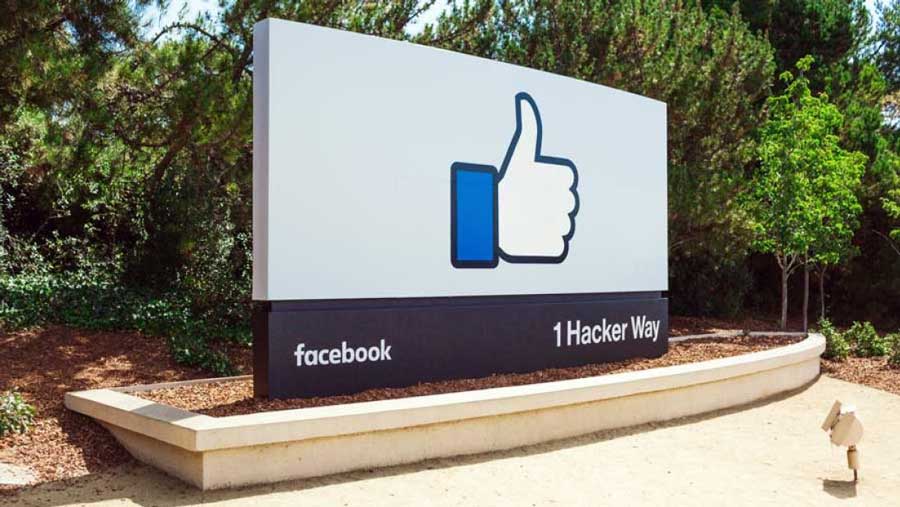Facebook Won't Run New Political Ads in Week Before Election
Will also flag speech attempting to de-legitimize legal voting methods

The smarter way to stay on top of the streaming and OTT industry. Sign up below.
You are now subscribed
Your newsletter sign-up was successful
Facebook, which has taken flak in D.C. over the use of its platform for 2016 Russian election disinformation, said it won't accept any new political ads for a week before the upcoming election, though ads running before that time can continue to run.
That is one of what CEO Mark Zuckerberg characterized in a Facebook post as additional steps to insure a secure election.
Another is to flag any claim that "lawful methods of voting will lead to fraud."
It was Twitter's flagging of the president's claim about mail-in-balloting which is legal, leads to massive voter fraud that most believe helped spur his executive order to regulate social media's moderation of content. The order suggested such flagging turned a neutral platform into a speaker that should lose Sec. 230 immunity from liability over content on its platform.
Related: Trump Threatens to Close Down Social Media
"We're going to block new political and issue ads during the final week of the campaign, Zuckerberg said in the post. "It's important that campaigns can run get out the vote campaigns, and I generally believe the best antidote to bad speech is more speech, but in the final days of an election there may not be enough time to contest new claims. So in the week before the election, we won't accept new political or issue ads," he said. "Advertisers will be able to continue running ads they started running before the final week and adjust the targeting for those ads, but those ads will already be published transparently in our Ads Library so anyone, including fact-checkers and journalists, can scrutinize them."
Zuckerberg said the platform was taking steps to "connect people to authoritative information, and reducing the risks of post-election confusion."
The smarter way to stay on top of the streaming and OTT industry. Sign up below.
In addition to the political ad moratorium just before the election, those are:
1. "We’ll remove posts that claim that people will get COVID-19 if they take part in voting, and we’ll attach a link to authoritative information about the coronavirus to posts that might use COVID-19 to discourage voting.
2. "We will attach an informational label to content that seeks to delegitimize the outcome of the election or discuss the legitimacy of voting methods, for example, by claiming that lawful methods of voting will lead to fraud.
3. "If any candidate or campaign tries to declare victory before the final results are in, we’ll add a label to their posts directing people to the official results from Reuters and the National Election Pool."
Contributing editor John Eggerton has been an editor and/or writer on media regulation, legislation and policy for over four decades, including covering the FCC, FTC, Congress, the major media trade associations, and the federal courts. In addition to Multichannel News and Broadcasting + Cable, his work has appeared in Radio World, TV Technology, TV Fax, This Week in Consumer Electronics, Variety and the Encyclopedia Britannica.

